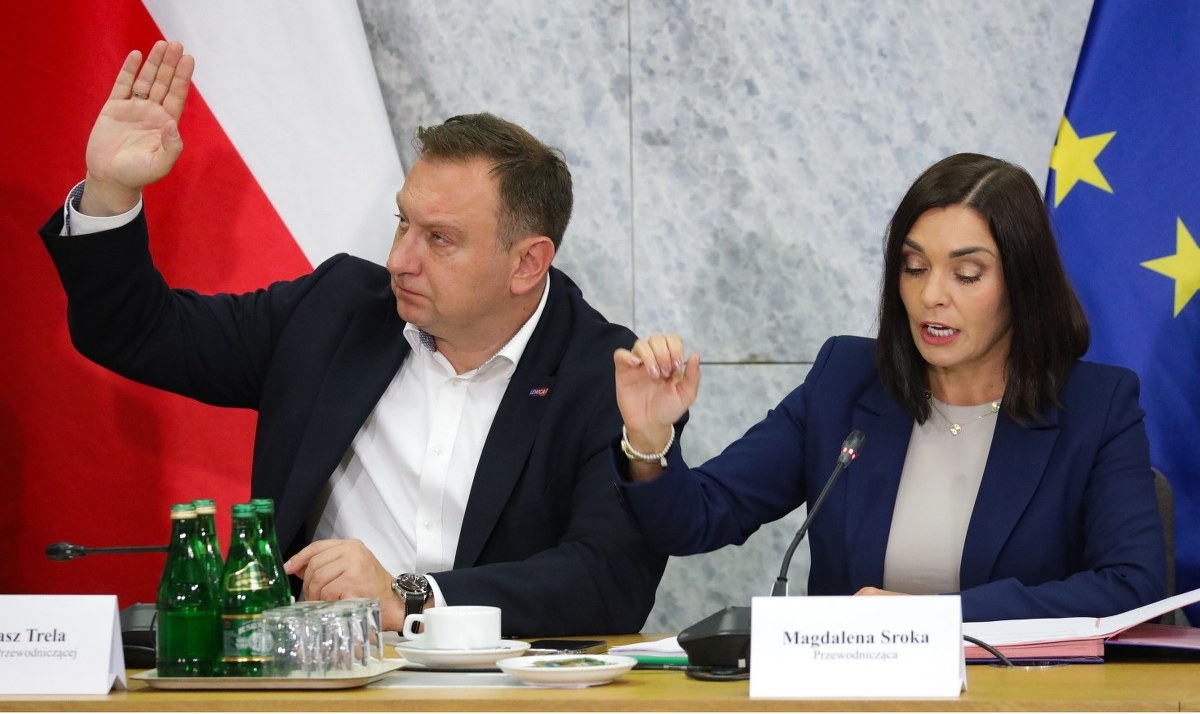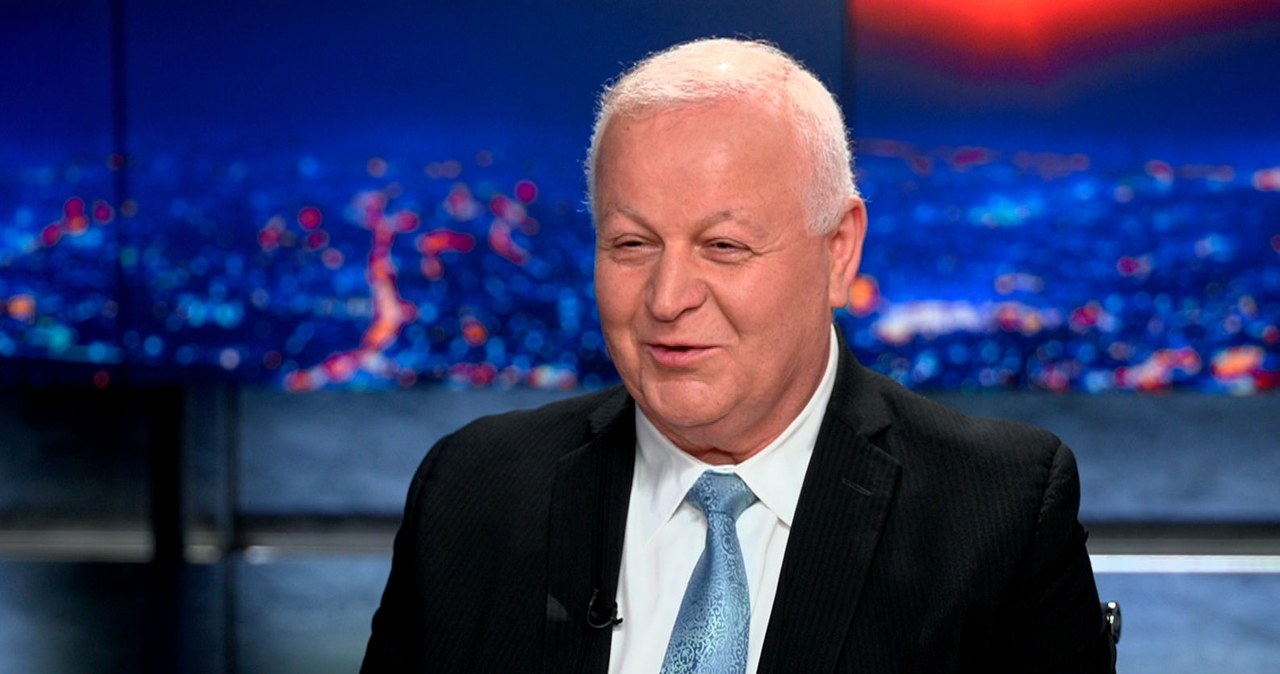Campaigners will discover on Monday whether they have succeeded in their legal challenge against plans to almost triple the size of the Wimbledon tennis site. The High Court ruling is expected at 2pm, following a heated dispute over the All England Club's controversial expansion proposals.
Barristers for Save Wimbledon Park (SWP) argued earlier this month that the Greater London Authority's decision to approve the plans last year was "irrational". The challenge centres on the development of the former Wimbledon Park Golf Club grounds.
Massive expansion plans unveiled
The All England Club's ambitious proposal would see 38 new tennis courts and an 8,000-seat stadium built on the historic site. Seven maintenance buildings, access points, and an area of parkland with permissive public access would also be constructed.
The proposals include significant work on Wimbledon Lake, involving the construction of a boardwalk around and across the water feature. The plans were first submitted to both Merton and Wandsworth councils in 2021, after the All England Club bought out golf club members.
Planning approval process
After Merton Council approved the plans but Wandsworth Council rejected them, the Mayor of London's office took control of the application. Mayor Sir Sadiq Khan recused himself from the process after previously expressing public support for the development.
Planning permission was ultimately granted by Jules Pipe, London's deputy mayor for planning. He said the proposals "would facilitate very significant benefits" which "clearly outweigh the harm".
Heritage site protection claims
The two-day hearing in London focused on whether the decision to grant planning permission was unlawful. Campaigners argued that Wimbledon Park - a Grade II*-listed heritage site partly designed by Lancelot "Capability" Brown - was covered by strict usage restrictions.
Sasha White KC, for SWP, said the land was subject to a "statutory trust requiring it to be kept available for public recreation use". She argued that when the freehold was acquired, the club entered into "restrictive covenants" governing its use.
Authority defends decision
In court, White said: "You could not have a more protected piece of land within the planning system, frankly." The barrister challenged the legal basis for approving development on such protected land.
Mark Westmoreland Smith KC, for the GLA, said Mr Pipe received "detailed advice" over the "relevance" of the "alleged" trust and covenants. He argued the decision was made on the assumption that they existed and was a "planning judgment properly exercised".
Club's legal position
Russell Harris KC, for the All England Club, said planning officers "acknowledged and had regard to" the trust and covenants. However, they deemed these restrictions were not "material" to the planning decision.
Mr Justice Saini will deliver his ruling on Monday afternoon, determining whether the expansion can proceed as planned. The decision will have significant implications for both the future of Wimbledon tennis and the protection of London's historic green spaces.
(PA) Note: This article has been edited with the help of Artificial Intelligence.









